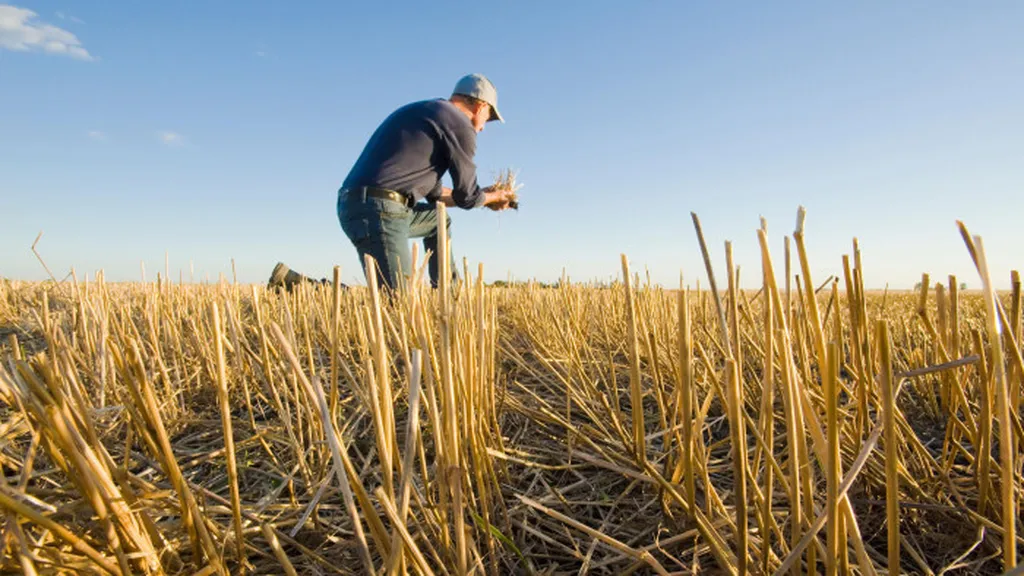In the heart of the Eastern Amazon, a critical study is shedding light on how different land uses impact soil greenhouse gas emissions, with significant implications for the energy sector and sustainable agriculture. Led by Lorena Maués Moraes from the Universidade Federal Rural da Amazônia (UFRA), the research published in *Agro@mbiente On-line* (translated to English as “Agro@Environment On-line”) reveals that the way we manage land can either exacerbate or mitigate climate change.
The study, which focused on CO2, CH4, and N2O emissions from soils under various land uses—forest, agriculture, intensive pasture, and nominal pasture—found that nominal pastures emitted the highest levels of CO2, while intensive pastures were the biggest contributors to N2O emissions. “Land use significantly influences soil greenhouse gas emissions in the Eastern Amazon,” Moraes emphasized. “Nominal pasture increases CO2 emissions, whereas intensive pasture enhances N2O emissions.”
The findings are particularly relevant for the energy sector, as understanding and managing these emissions can help in developing more sustainable practices. For instance, the study noted that all systems acted as sinks for methane, with intensive and nominal pastures showing the highest oxidation rates. This suggests that certain land management practices could be optimized to enhance methane oxidation, thereby reducing the overall greenhouse gas footprint.
The research also highlighted the role of soil physical and hydrological properties in affecting CH4 oxidation. “Soil physical and hydrological properties directly affect CH4 oxidation,” Moraes explained. This insight could guide future developments in soil management practices aimed at mitigating greenhouse gas emissions.
The study’s implications extend beyond the Amazon, offering valuable insights for global efforts to combat climate change. By adopting sustainable management practices, such as optimized fertilization and proper control of soil compaction, the agricultural and energy sectors can play a pivotal role in promoting the balance of carbon and nitrogen cycles in soils worldwide.
As the world grapples with the challenges of climate change, this research underscores the importance of informed land use decisions. “The adoption of sustainable management practices may help mitigate GHG emissions and promote the balance of carbon and nitrogen cycles in Amazonian soils,” Moraes concluded. This study not only advances our scientific understanding but also paves the way for practical solutions that can be implemented to foster a more sustainable future.

